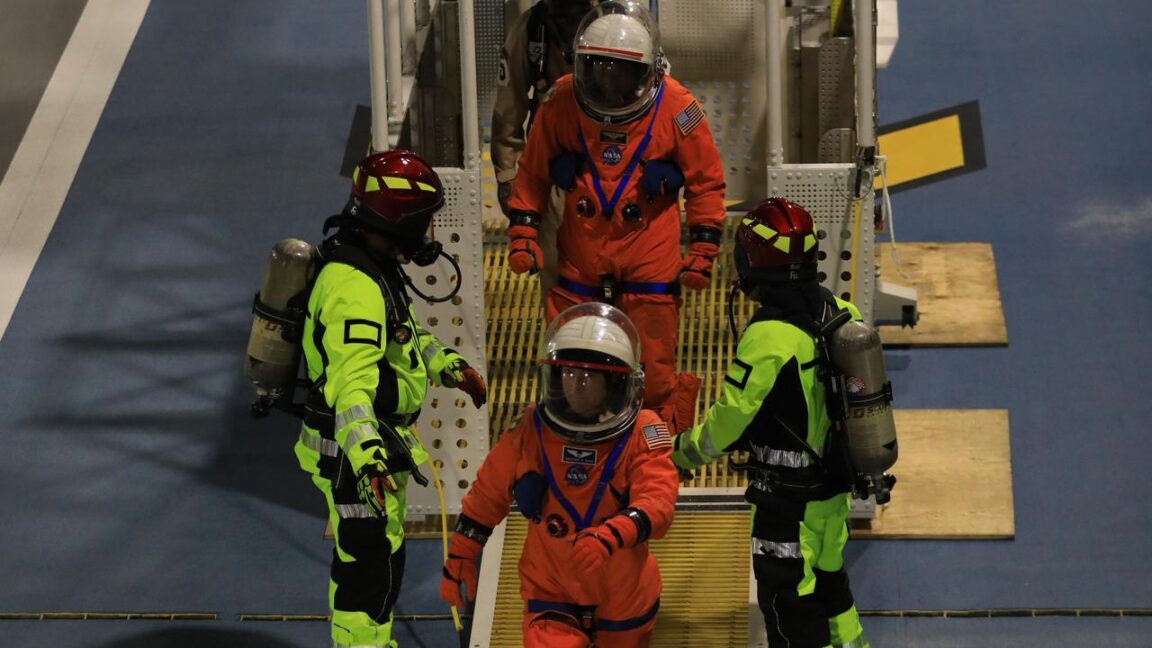Portugal green-lights Azores spaceport. The Portuguese government has granted the Atlantic Spaceport Consortium a license to build and operate a rocket launch facility on the island of Santa Maria in the Azores, European Spaceflight reports. The Atlantic Spaceport Consortium (ASC) was founded in 2019 with the goal of developing a commercial spaceport on Santa Maria, 1,500 kilometers off the Portuguese mainland. In September 2024, the company showcased the island’s suitability as a launch site by launching two small solid-fuel amateur-class rockets that it developed in-house.
What’s on deck? … The spaceport license granted by Portugal’s regulatory authorities does not cover individual launches themselves. Those must be approved in a separate licensing process. It’s likely that the launch site on Santa Maria Island will initially host suborbital launches, including flights by the Polish rocket company SpaceForest. The European Space Agency has also selected Santa Maria as the landing site for the first flight of the Space Rider lifting body vehicle after it launches into orbit, perhaps in 2027. (submitted by claudiodcsilva)
Why is Jeff Bezos buying launches from Elon Musk? Early Monday morning, a Falcon 9 rocket lifted off from its original launch site in Florida. Remarkably, it was SpaceX’s 100th launch of the year. Perhaps even more notable was the rocket’s payload: two-dozen Project Kuiper satellites, which were dispensed into low-Earth orbit on target, Ars reports. This was SpaceX’s second launch of satellites for Amazon, which is developing a constellation to deliver low-latency broadband Internet around the world. SpaceX, then, just launched a direct competitor to its Starlink network into orbit. And it was for the founder of Amazon, Jeff Bezos, who owns a rocket company of his own in Blue Origin.
Several answers … So how did it come to this—Bezos and Elon Musk, competitors in so many ways, working together in space? There are several answers. Most obviously, launching payloads for customers is one of SpaceX’s two core business areas, alongside Starlink. SpaceX sells launch services to all comers and typically offers the lowest price per kilogram to orbit. There’s immediate revenue to be made if a company with deep pockets like Amazon is willing to pay SpaceX. Second, the other options to get Kuiper satellites into orbit just aren’t available at the volume Amazon needs. Amazon has reserved the lion’s share of its Kuiper launches with SpaceX’s competitors: United Launch Alliance, Arianespace, and Jeff Bezos’ own space company Blue Origin. Lastly, SpaceX could gain some leverage by providing launch services to Amazon. In return for a launch, SpaceX has asked other companies with telecom satellites, such as OneWeb and Kepler Communications, to share spectrum rights to enable Starlink to expand into new markets.

